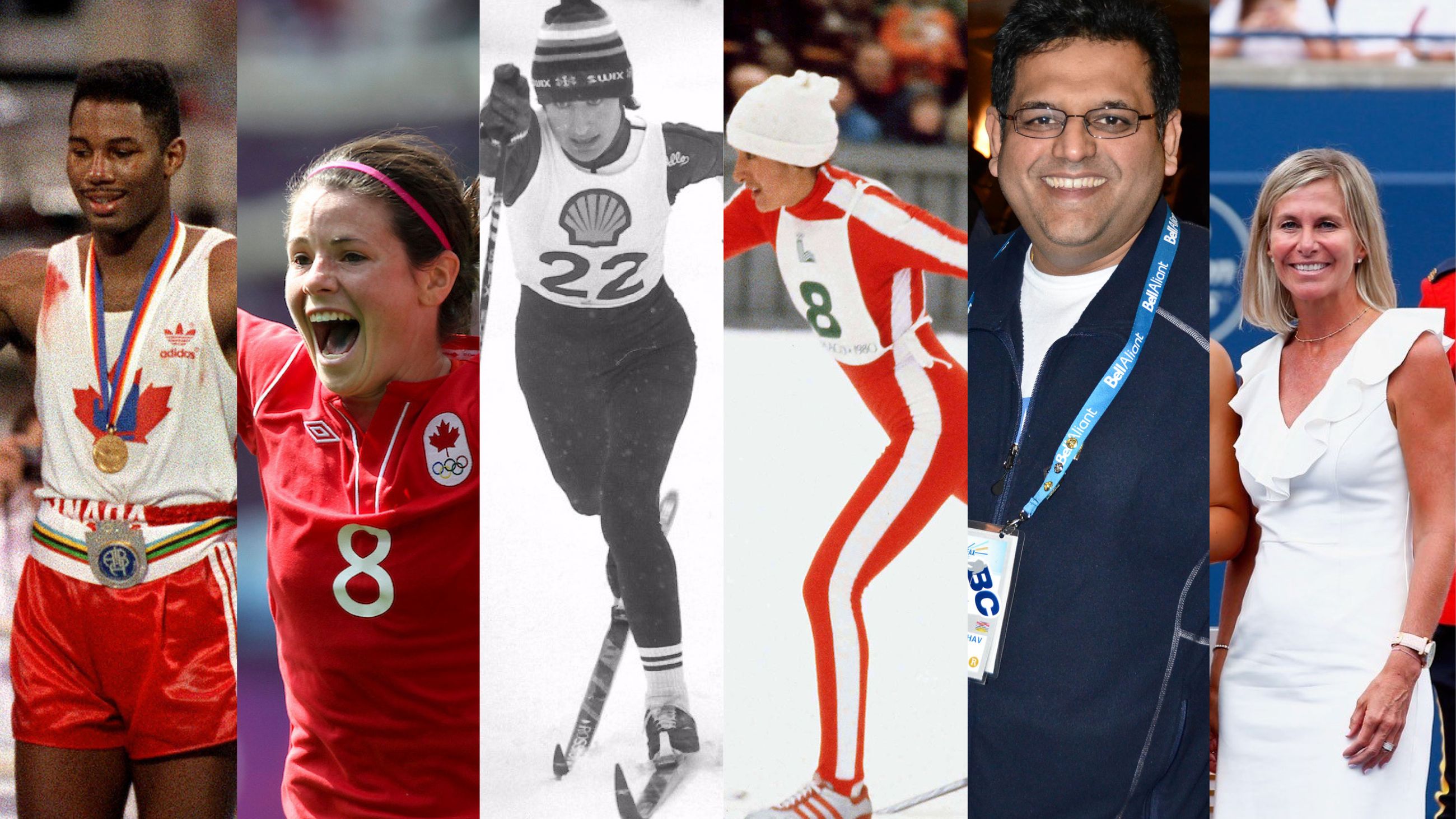After competing in the 2018 Canadian Boxing Championships in Edmonton, a major step in his preparation for the 2019 Canada Games, 17-year-old Zach Levesque thanked his coaches and said goodbye to his New Brunswick teammates. After hugs, smiles, fist pumps and a chorus of “See ya soons,” Zach flew back to his home on Chaleur Bay in northeast New Brunswick to continue his training. As Zach left the gym, little did his provincial coach, Joe Blanchard, or his fellow teammates, know this would be Zach’s final national competition, and the final time they would see Zach’s smiling face.
Five months later, Zach took his own life.
“Zach was a great kid. He was very active in his school, in various organizations, including helping coach other younger athletes,” said Coach Blanchard. “He was very well liked by everyone who had an opportunity to meet him.
“He had a very bright future, not just in boxing, but also well beyond sports. His family, friends, teammates, and the community as whole were both shocked and saddened to hear of his passing. He was a beautiful young man – inside and out.”
Suicide is among the leading causes of death in 15-24 year old Canadians, second only to accidents; 4,000 people die prematurely each year by suicide. No segment of Canadian youth is immune to this tragic statistic, including elite athletes. The total number of 12-19 year olds in Canada at risk for developing depression is a staggering 3.2 million. According to the Canadian Mental Health Association (CMHA), approximately 5% of male youth and 12% of female youth, age 12-19 have experienced a major depressive episode.

While there have been advancements in advocating speaking out about emotional challenges such as depression and anxiety, a stigma still remains. This stigma is even more pronounced in sport where there is an assumption that all athletes are as emotionally strong as they are physically. Statistically, this just isn’t so.
“We recognize it’s a major issue that all athletes and coaches and the general public need to be aware of,” said Fay McLaughlin, a frontline crisis line counsellor, nurse, elite level coach and instructor for suicide intervention with Living Works (livingworks.net). “The stigma around mental health is exponentially larger with high performance athletes. They are less likely to come forward due to the misperception of ‘weakness.’ This needs to change at all levels of sport.”
McLaughlin feels that coaches need more support in helping athletes they work with. “Mental health training should be incorporated into all coaching protocols. It’s important that the adults in a young athlete’s life can recognize any variance in the athlete’s moods or behaviours. From there the coach can get the other adults involved in the athlete’s treatment – their parents and teachers, who can also provide support. Open dialogue is key.”
Some Canadian sport organizations affected by suicide have stepped up and provided both awareness and support for their athletes. In 2016, the Canadian Hockey League partnered with the Canadian Mental Health Association to form the 'Talk Today' program for all CHL junior teams, players and coaches.
“Mental illness directly or indirectly affects everyone at some point in their life,” said CHL President David Branch. “We are pleased to partner with the Canadian Mental Health Association with our program 'Talk Today'. It’s an important enhancement in the playing environment for our student athletes.”
The CMHA assigns a mental health coach to each team who helps connect players in need to appropriate community supports and resources. Each team designates a mental health champion, the first point of contact within the organization, who can communicate regularly with the mental health coach to identify players who may need support.
Fortunately, most mental illnesses can be effectively treated. Asking for help, or recognizing that someone needs help, is the first step. There is still a long way to go to provide that consistent mental health understanding and support.
“Mental health is where concussions were 15 years ago.” Mclaughlin said, but she is optimistic. “We now have greater understanding and respect for how concussions affect an athlete’s health. Most sport organizations now have formal concussion protocols. This is the same structured approach we need to take for mental health issues with athletes moving forward.”
For incoming Canada Games Chairman Evan Johnston the issue is very personal, as teen suicide has directly affected his family.
“Sadly, I know first-hand how this effects families and communities across our country. It is a priority to remove the stigma of mental health issues, to promote open dialogue and to prevent the further tragic loss of life.,” he said. “When an athlete starts to feel depression or anxiety affecting their moods or behaviour, they should know they can receive the support and treatment to get them back to their normal selves.”
“The goal of the Canada Games Council is to make asking for help an easier, less stigmatized process for our athletes, and all young Canadians.”
Johnston feels mental health is a priority for the Canada Games Council. “The Canada Games family will never forget Zach Levesque. We will endeavour to help save the lives of other athletes, and any other young Canadian effected by depression, anxiety and other issues that are so prevalent today.”
If you wish to speak with a counsellor;
Kids Help Phone: 1 800-668-6868
First Nations and Inuit Hope For Wellness Help Line: 1 855-242-331







.jpg)


